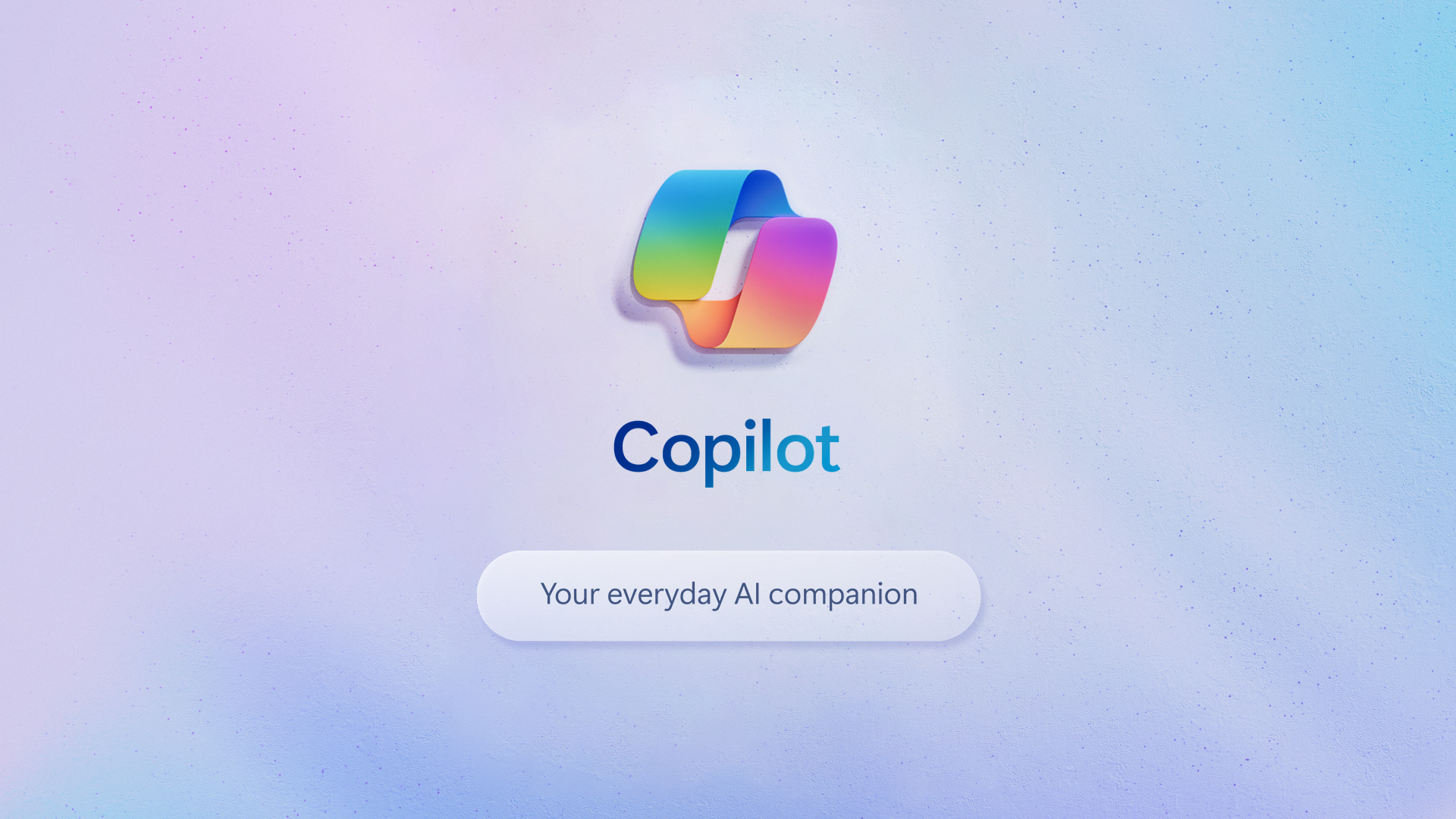In a significant revelation at the Black Hat USA conference, security researcher Michael Bargury highlighted serious vulnerabilities within Microsoft Copilot, showing how hackers could potentially exploit this AI-powered tool for nefarious purposes. The findings emphasize the urgent need for companies to rethink their security strategies when incorporating AI technologies like Microsoft Copilot into their workflow.
One of the most alarming aspects of Bargury’s presentation was the demonstration of how attackers could manipulate Copilot plugins to install backdoors in users’ interactions. This could lead to severe consequences, such as data theft and AI-driven social engineering attacks, significantly increasing the risk of security breaches. The capability of Copilot to covertly search for and extract sensitive data, bypassing traditional security measures like file and data protection, was particularly concerning.
The researcher also introduced a red-teaming tool named “LOLCopilot,” designed for ethical hackers to simulate potential attacks. This tool allows for exploring how Copilot could be misused for data exfiltration and phishing attacks within any Microsoft 365 Copilot-enabled environment. What makes LOLCopilot especially potent is its ability to operate without leaving any trace in system logs, thus showing how easily these vulnerabilities could be exploited.
Another critical point raised during the presentation was the use of prompt injections, a technique that allows hackers to alter Copilot’s behavior and responses to align with their malicious objectives. This capability could enable attackers to craft convincing phishing emails or manipulate interactions in a way that deceives users into revealing confidential information. The potential for such AI-based social engineering attacks underscores the necessity for robust security measures.
Bargury’s demonstration revealed that Microsoft Copilot’s default security settings are insufficient to prevent such exploits. The tool’s ability to access and process large amounts of data poses a significant risk, especially if permissions are not carefully managed. This vulnerability highlights the need for organizations to adopt more stringent security practices.
To address these risks, organizations are advised to implement strong security measures, such as regular security assessments, multi-factor authentication, and strict role-based access controls. Additionally, it is crucial to educate employees about the potential dangers associated with AI tools like Copilot and to establish comprehensive incident response protocols. By enhancing security measures and fostering a culture of security awareness, companies can better protect themselves against the exploitation of AI technologies.
The research conducted by Bargury at Black Hat serves as a crucial reminder that as AI tools like Microsoft Copilot become more integrated into our daily workflows, the need for vigilant security practices becomes increasingly important. Ensuring these tools are used safely and effectively requires a proactive approach to cybersecurity, one that anticipates and mitigates potential threats before they can be exploited.
































































